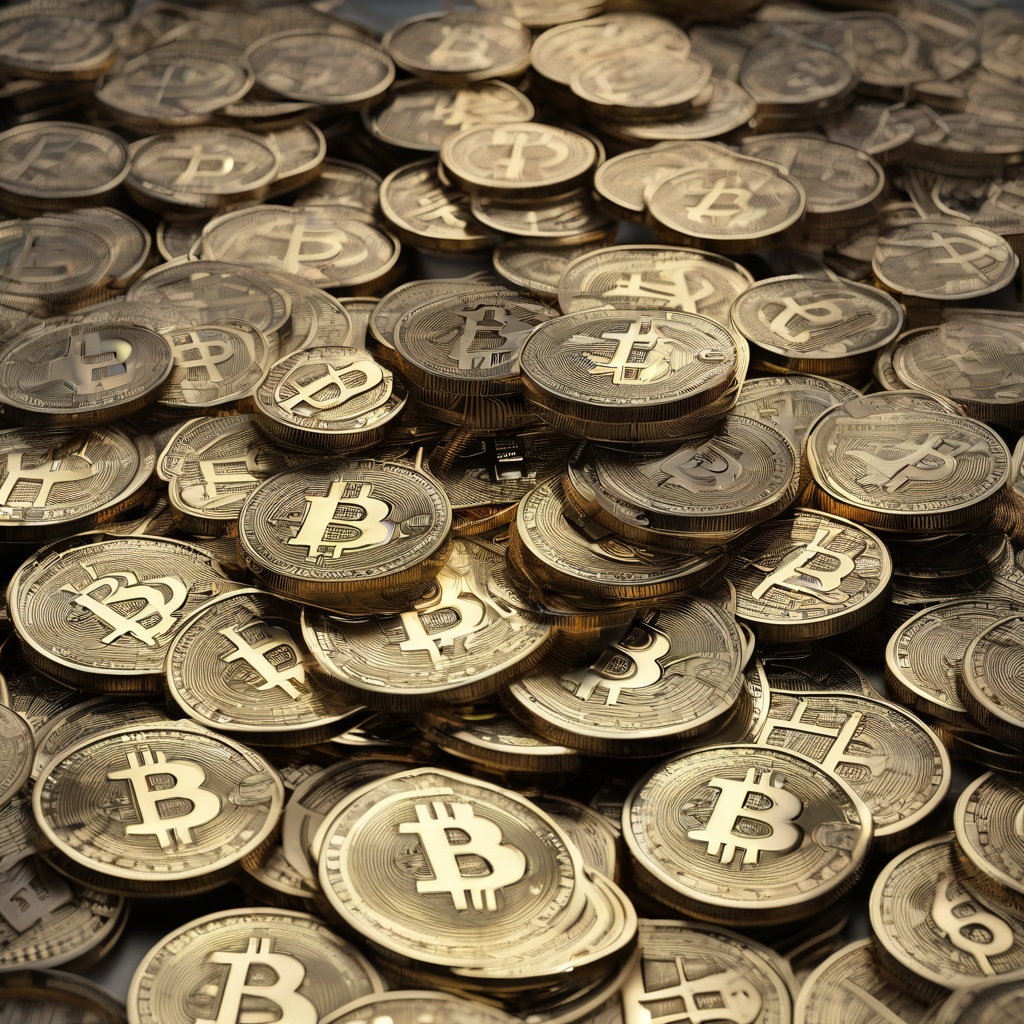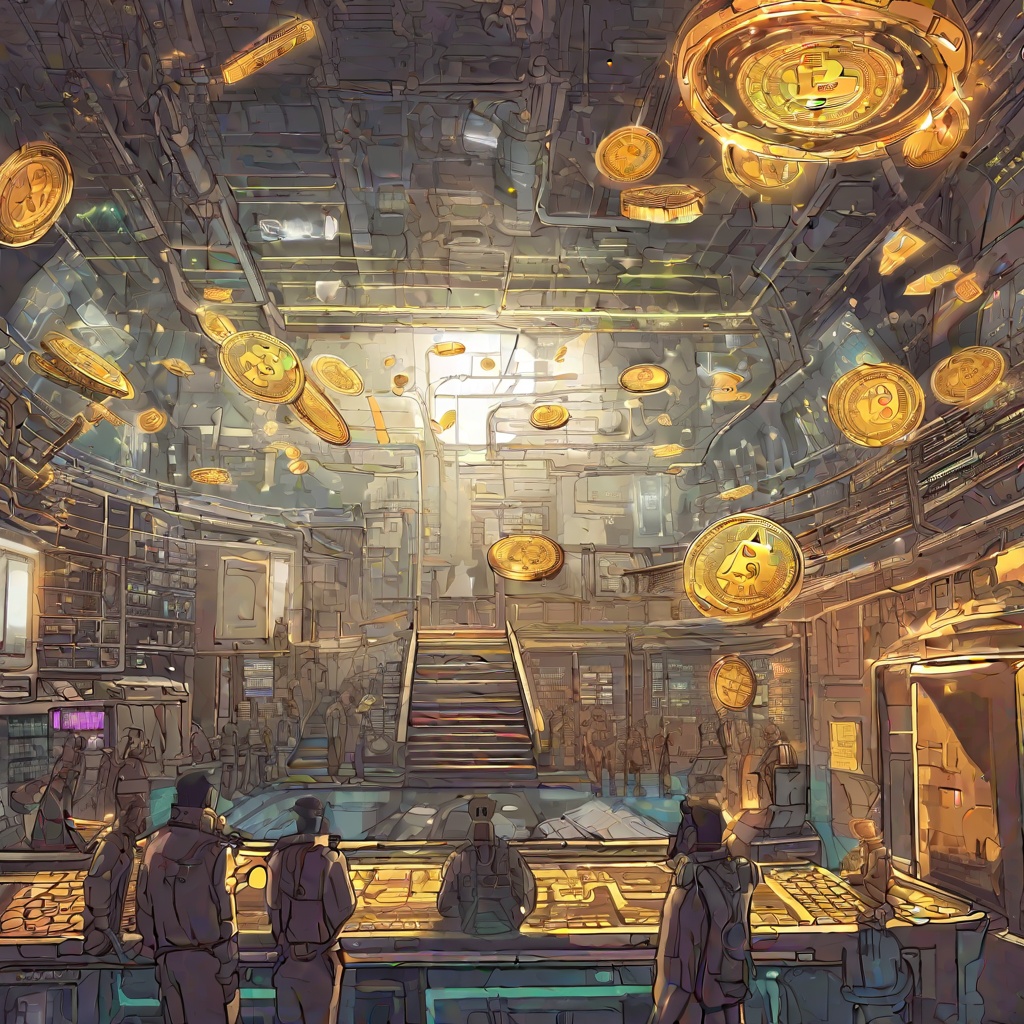Are Bitcoin ATMs similar to traditional ATMs?
Are Bitcoin ATMs comparable to traditional automated teller machines in terms of their functionality and user experience? Do they offer similar services, such as withdrawing and depositing funds, or do they cater to a unique set of needs specific to the cryptocurrency ecosystem? Furthermore, how do they differ in terms of security measures, transaction fees, and accessibility? Understanding these nuances could help individuals decide if Bitcoin ATMs are a viable option for their financial transactions.

How do Bitcoin ATMs make money?
I'm curious about the business model behind Bitcoin ATMs. How do they generate revenue? Do they charge fees for transactions? And if so, how much? Additionally, do they have any other sources of income, such as partnerships or advertisements? I'd love to hear a detailed breakdown of how Bitcoin ATMs operate financially.

Are Bitcoin ATMs BSA/AML compliant?
I'm curious to know if Bitcoin ATMs are adhering to the Bank Secrecy Act (BSA) and Anti-Money Laundering (AML) regulations. Given the anonymous nature of cryptocurrency transactions, it's essential to ensure that these machines are implementing proper KYC (Know Your Customer) and AML measures to prevent money laundering and other illicit activities. Are there any specific guidelines or standards that Bitcoin ATMs must follow to be considered BSA/AML compliant? And how are these regulations enforced to ensure compliance across the industry?

How many Bitcoin ATMs are there in the Netherlands?
Could you provide an estimate of the current number of Bitcoin ATMs operational in the Netherlands? With the growing popularity of cryptocurrencies and the rise of decentralized financial services, it's interesting to see how the Netherlands, a country known for its technological advancements, has embraced this trend. Are there specific regions within the Netherlands that have a higher concentration of these ATMs, or is the distribution relatively even across the country? Furthermore, how has the number of Bitcoin ATMs in the Netherlands changed over the past few years, and what factors do you believe have influenced this growth or decline?

Are Bitcoin ATMs a good option for a digital nomad?
As a digital nomad constantly on the move, the question of accessibility to financial services often arises. Given the decentralized and global nature of Bitcoin, Bitcoin ATMs seem like a potential solution. But are they truly a good option? Are there enough ATMs spread out across various locations to ensure easy access? Do they offer competitive exchange rates and low transaction fees? What about security measures and privacy protections? Additionally, for a digital nomad who might not have a fixed address, how do these ATMs handle verification and compliance requirements? These are just some of the considerations a digital nomad would have to make in assessing if Bitcoin ATMs are a viable financial solution for their needs.

